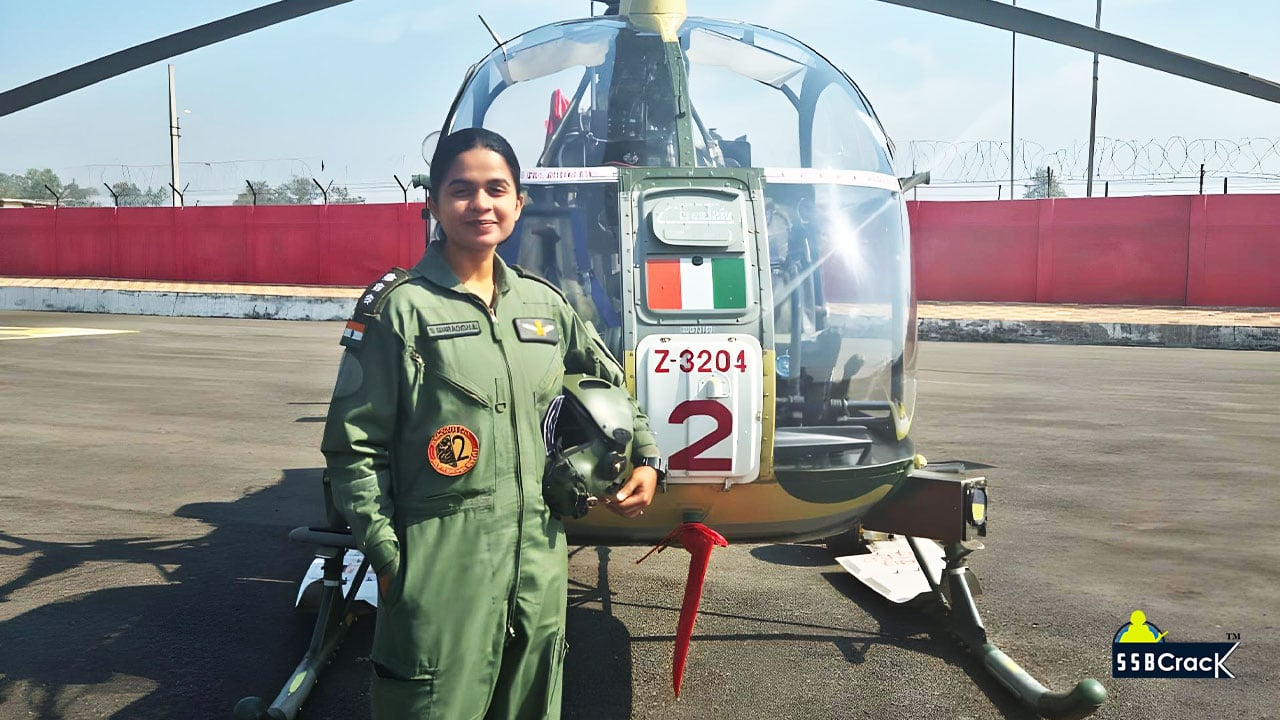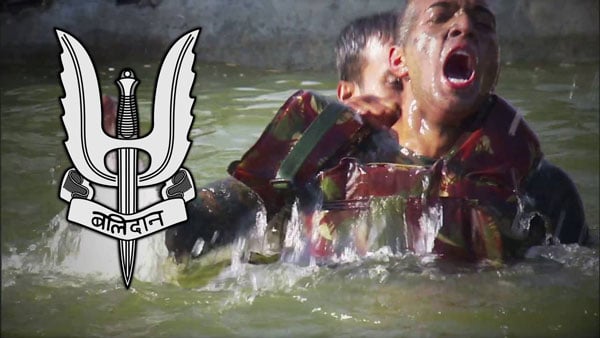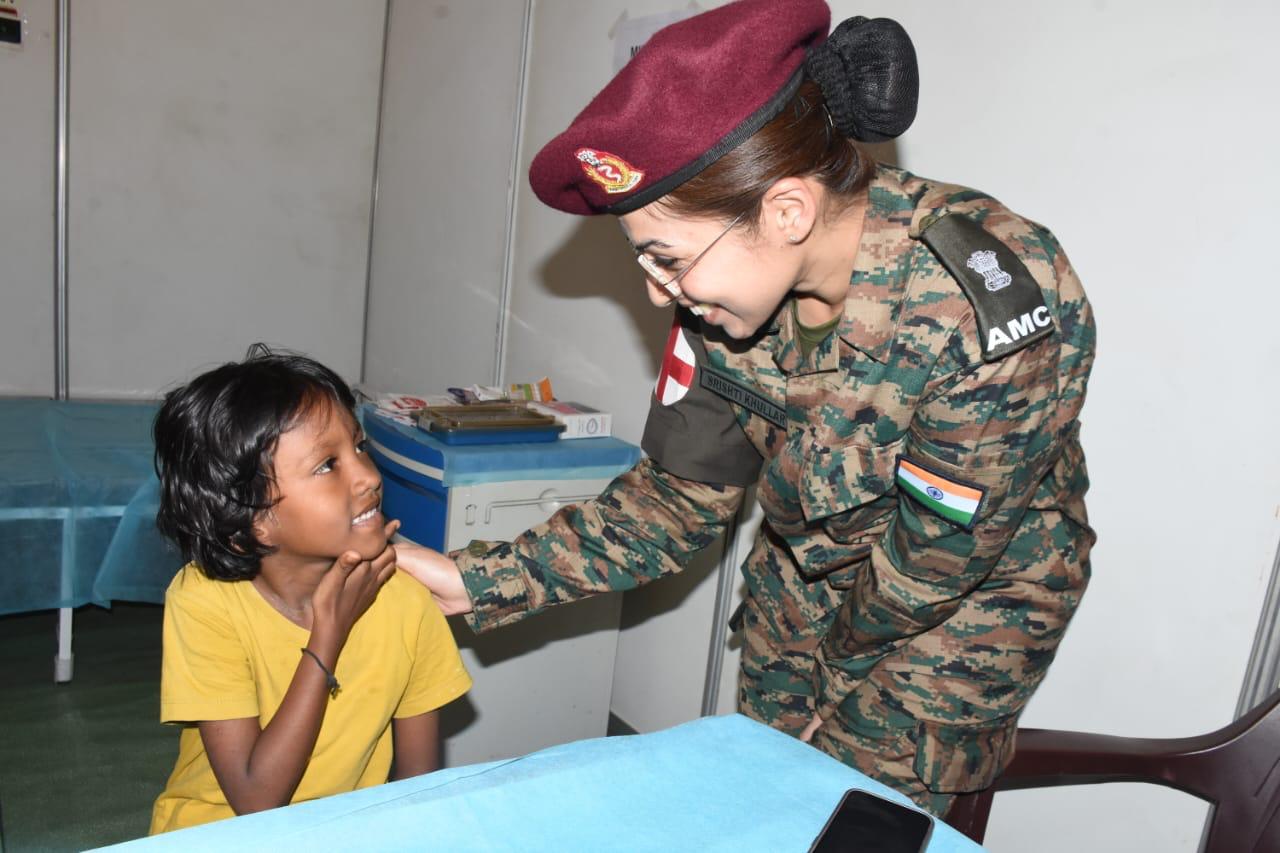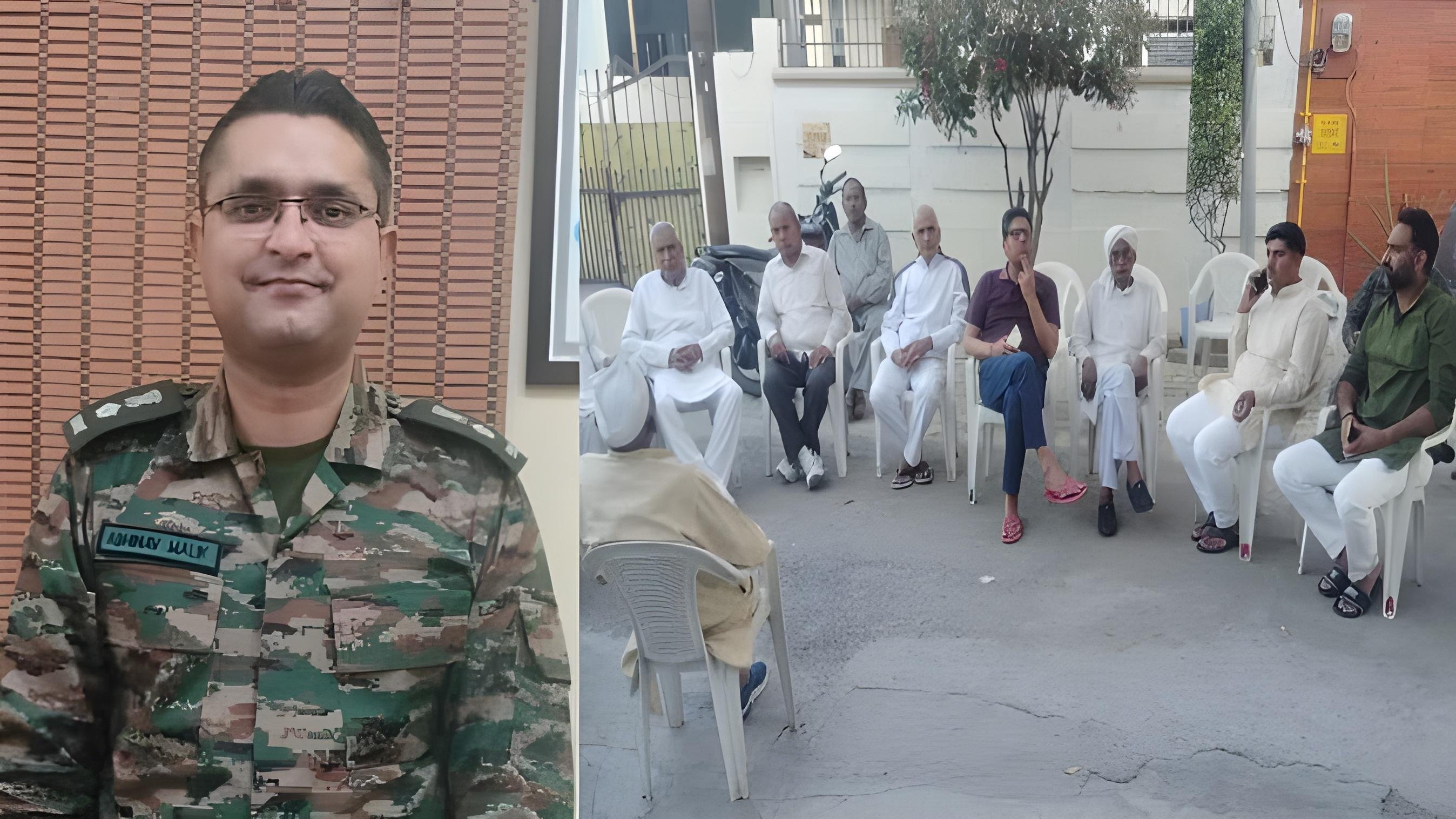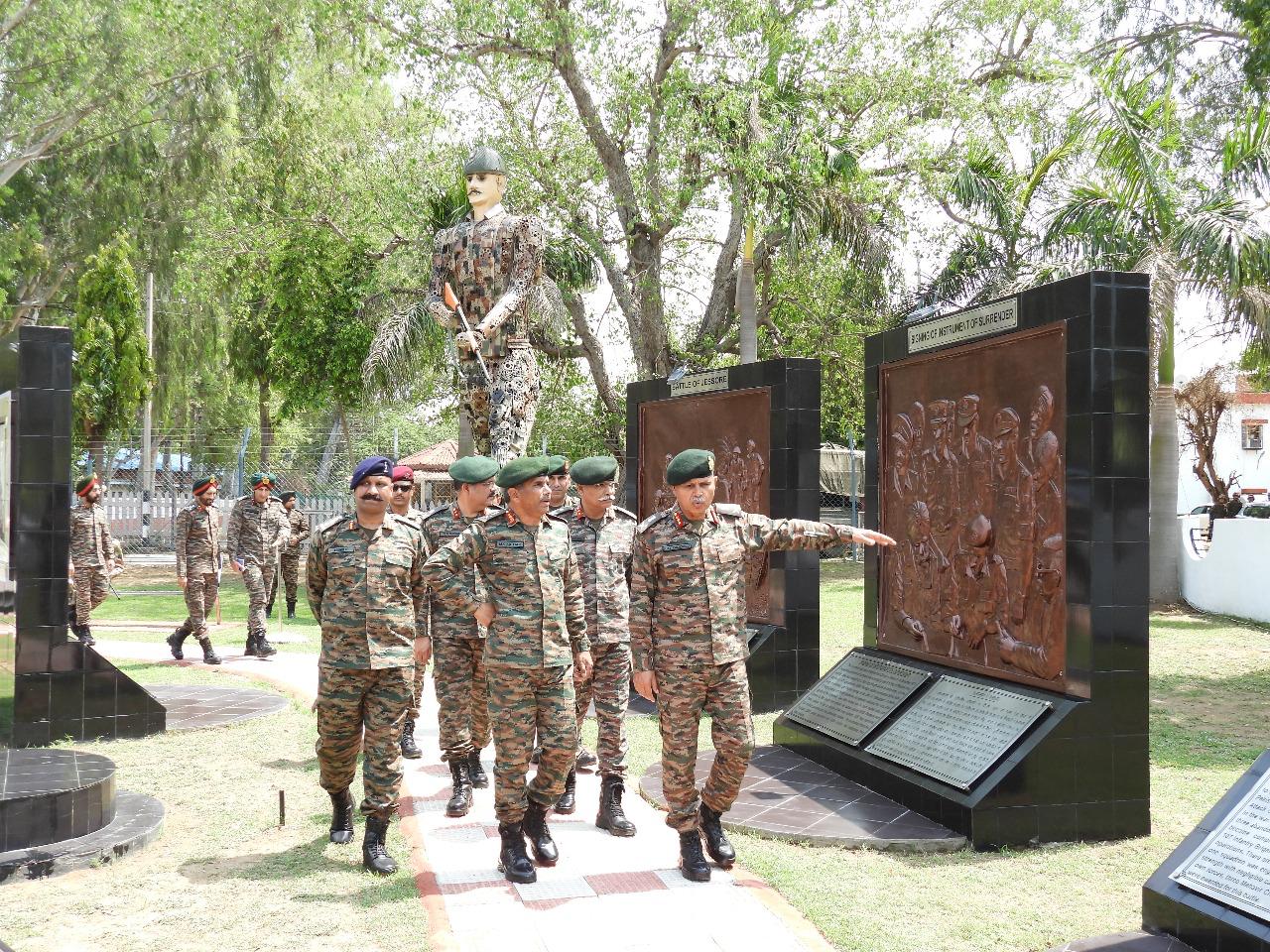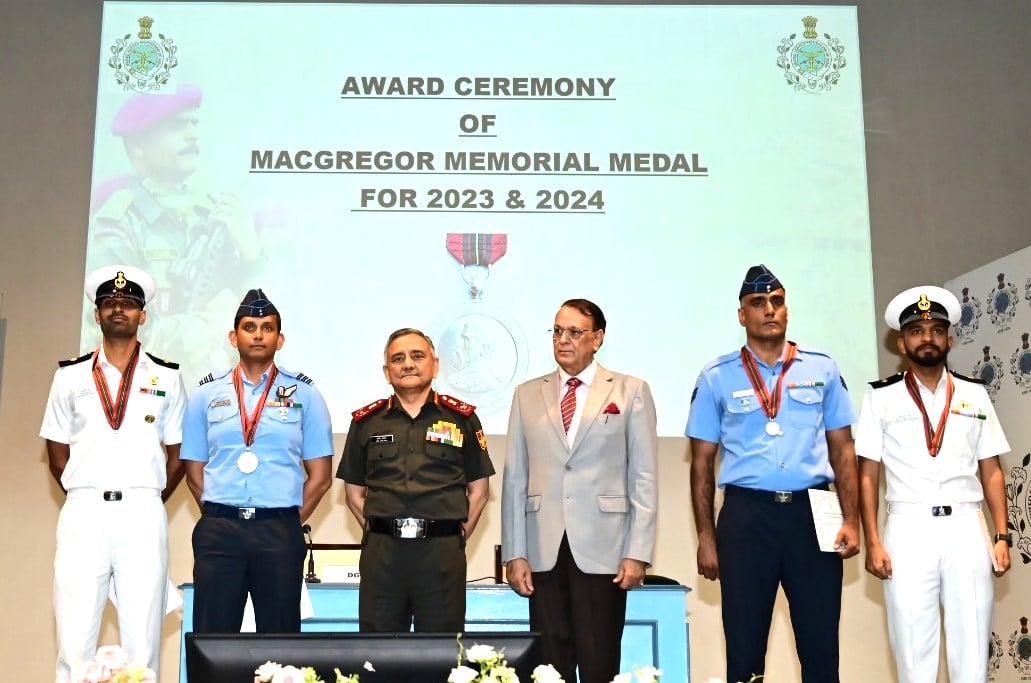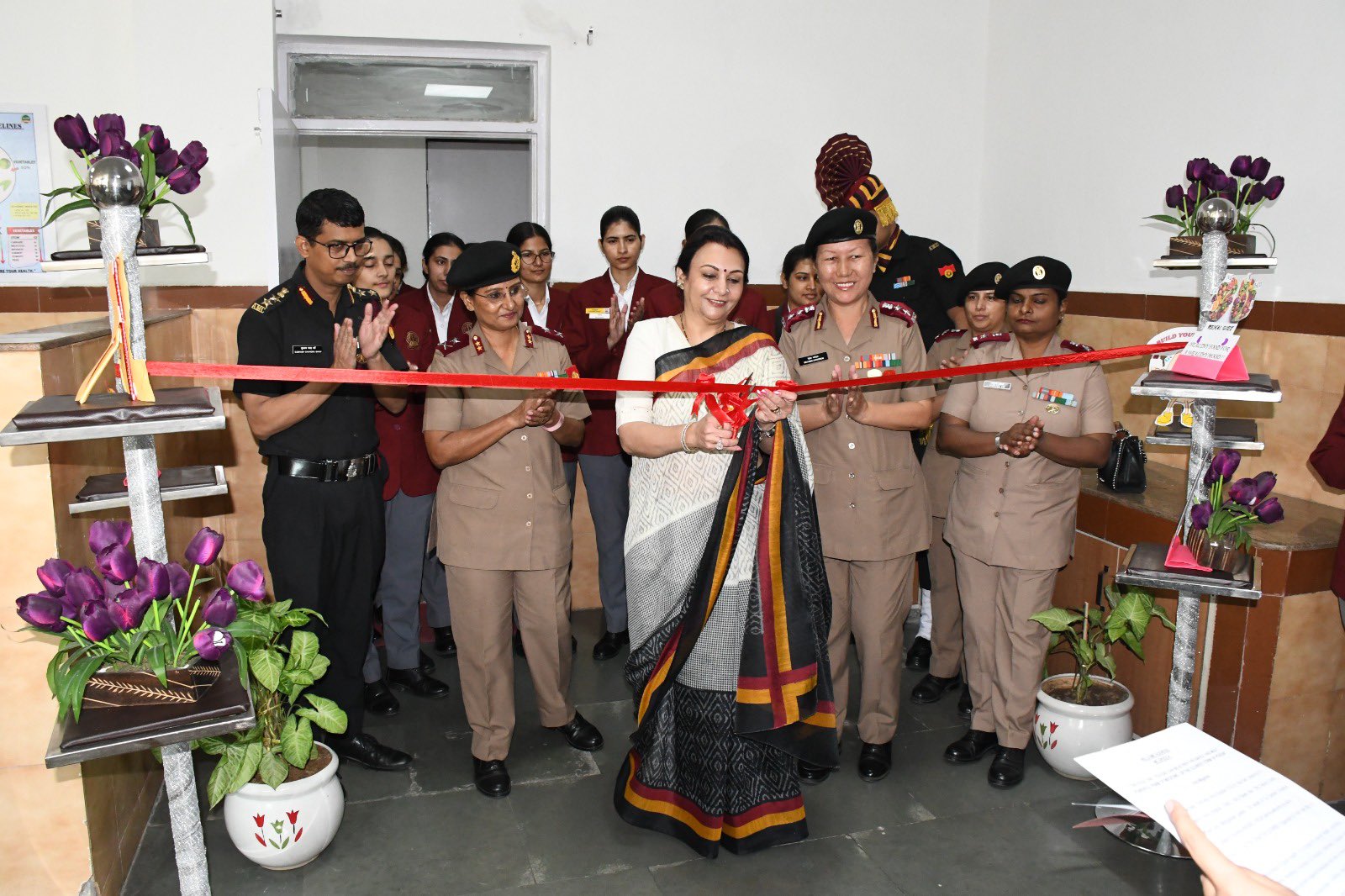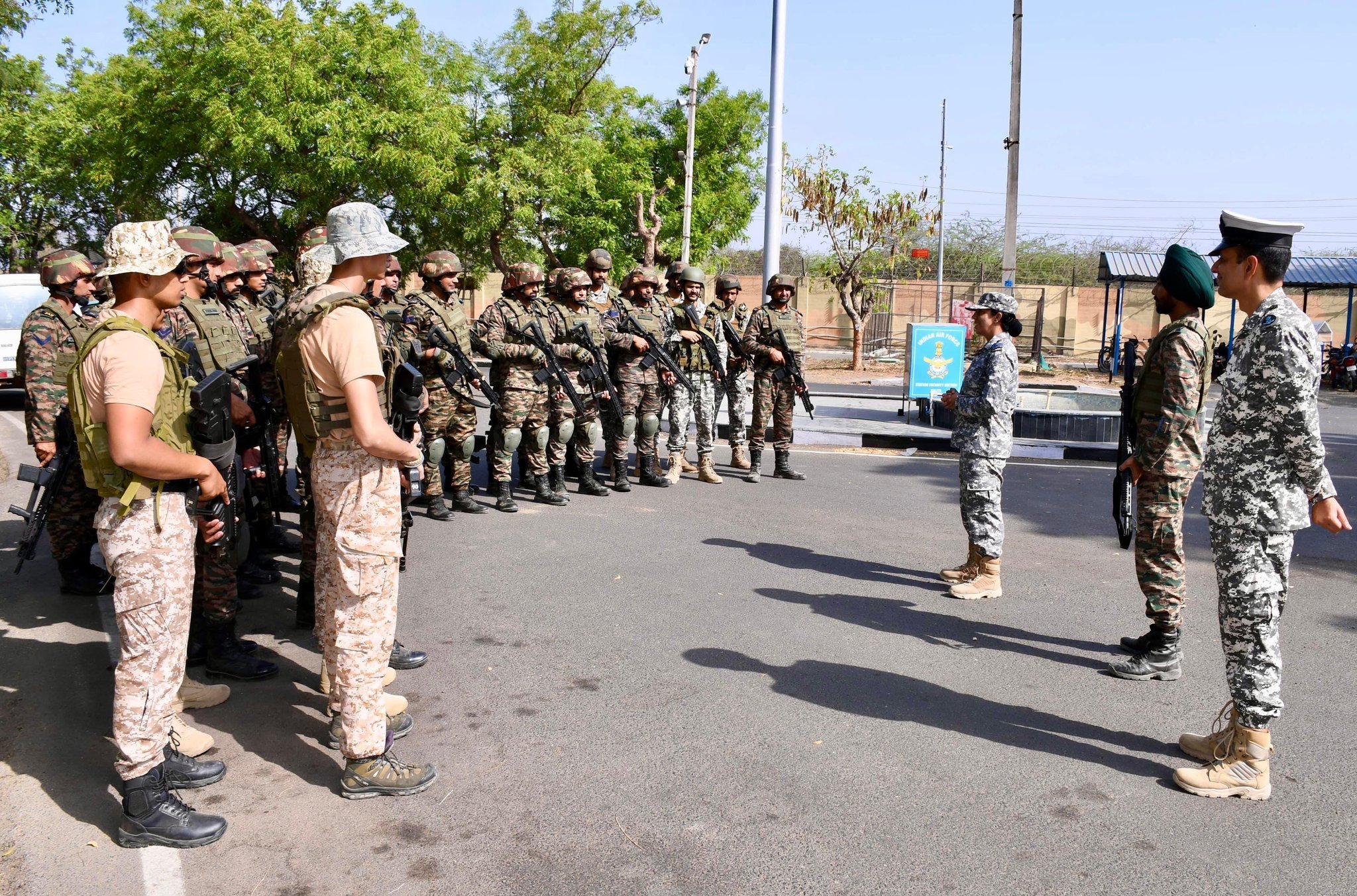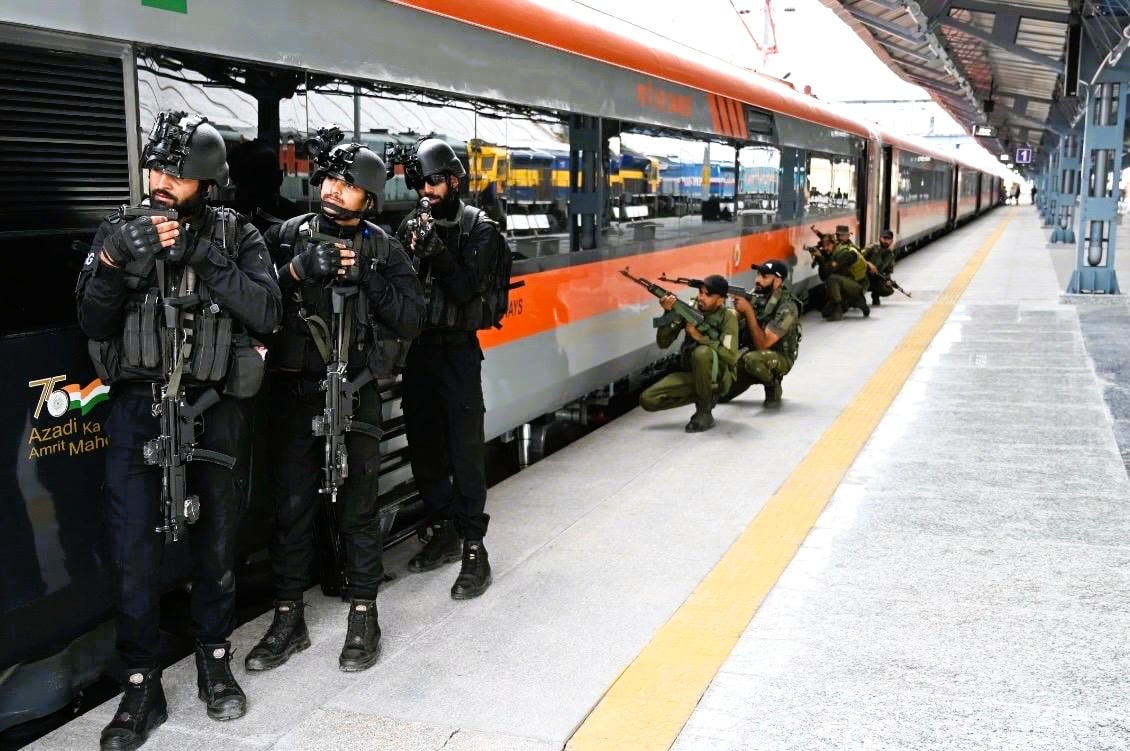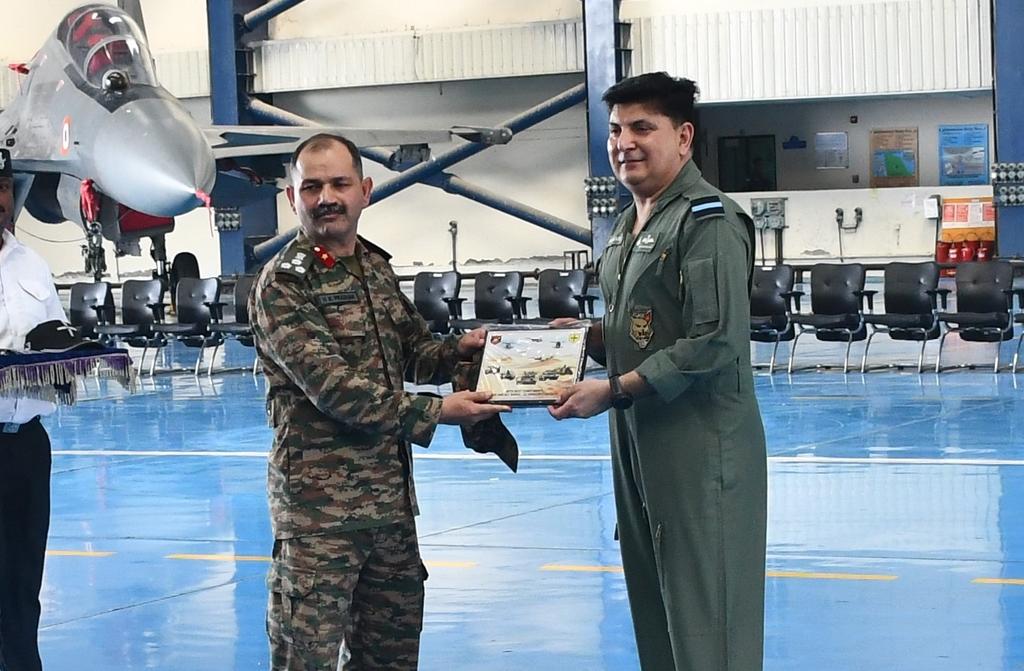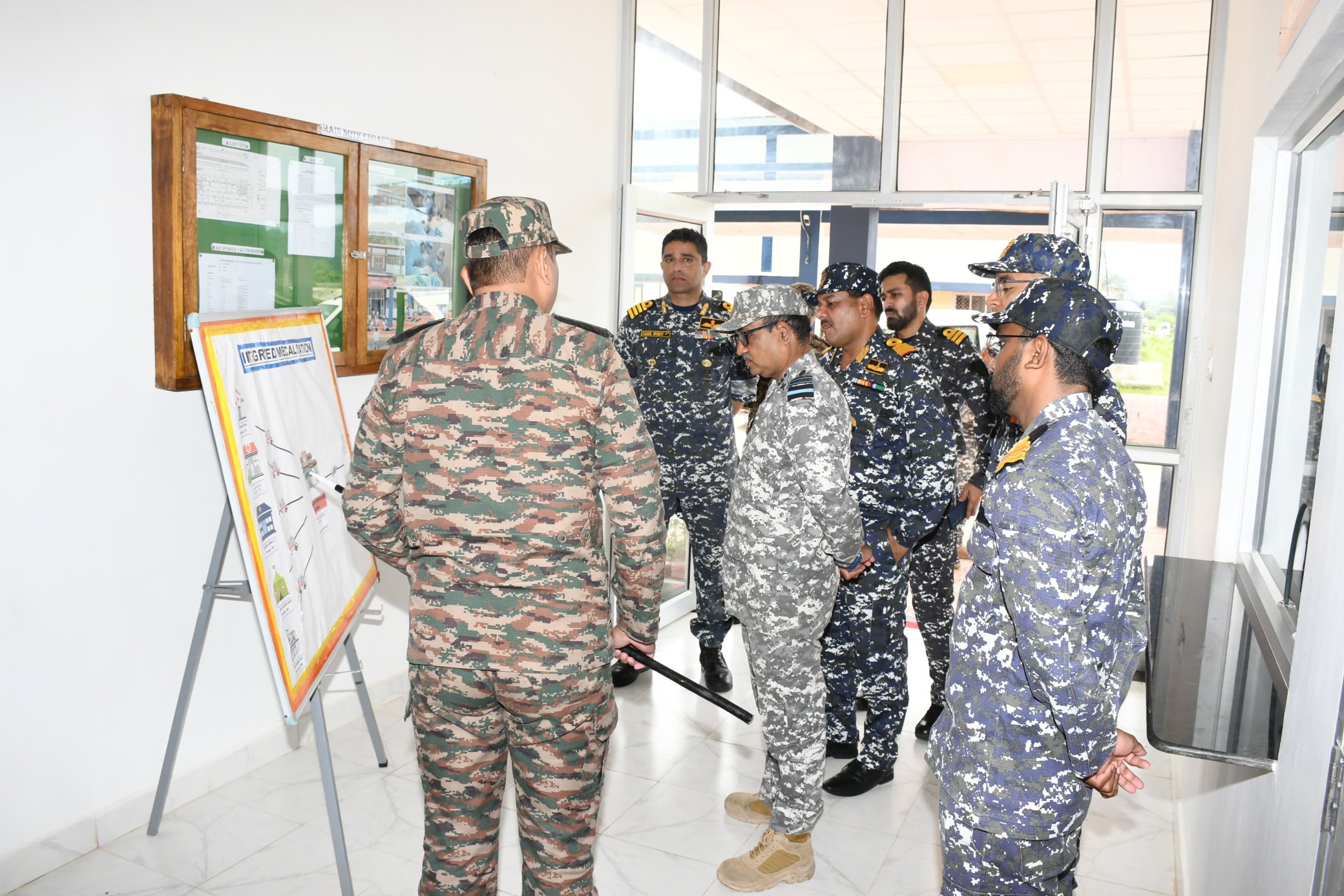As a Lieutenant in the Indian Army, your first day is an important milestone in your military career. Here’s a general overview of what you might experience on your first day: Reporting to the Unit: You will likely report to your assigned unit, which could be a regiment, battalion, or another operational unit. You’ll be introduced to your commanding officer and fellow officers.
Briefing and Orientation: You will receive a comprehensive briefing about the unit’s mission, organizational structure, and key personnel. This orientation will help you understand your role and responsibilities within the unit.
Introduction to Your Team: You will meet your immediate team members, including your platoon or section commander, non-commissioned officers (NCOs), and soldiers. They will provide guidance and support as you settle into your new role.
Familiarization with Equipment and Facilities: You will be given an overview of the equipment, weapons, vehicles, and other resources used by the unit. You might also visit various facilities such as the barracks, mess, training areas, and administrative offices.
Administrative Procedures: Your first day may involve completing administrative tasks such as paperwork, documentation, and familiarizing yourself with the unit’s administrative procedures. This includes understanding leave policies, medical facilities, and other administrative aspects.
Training and Professional Development: As a new officer, you will likely begin your professional development by attending introductory training programs. These programs may cover topics such as military customs and courtesies, leadership principles, and basic military skills.
Getting to Know Your Surroundings: Depending on your unit’s location, you might receive a tour of the military base or cantonment area. This will help you become familiar with the amenities available to you and the overall layout of the installation.
Building Relationships: One of the essential aspects of your first day is building relationships with your superiors, peers, and subordinates. Take the opportunity to interact with others, ask questions, and learn from their experiences.
Code of Conduct and Discipline: As an officer, you are expected to adhere to high standards of conduct and discipline. You may receive briefings on the military code of conduct, ethical practices, and rules and regulations specific to your unit.
Setting Expectations: Finally, your commanding officer may have a one-on-one meeting with you to discuss expectations, short-term and long-term goals, and the overall vision for the unit. This conversation will help you align your efforts with the unit’s objectives.
Remember, each unit and situation may have variations in this process, but this overview provides a general idea of what you might expect on your first day as a Lieutenant in the Indian Army.
Role and Responsibilities of a Lieutenant in Indian Army
As a Lieutenant in the Indian Army, you hold the rank of a commissioned officer and play a vital role in the military hierarchy. Here are some key responsibilities and roles associated with being a Lieutenant:
- Leadership: Lieutenants are expected to provide effective leadership to their subordinates, setting an example of professionalism, discipline, and dedication. They are responsible for the welfare, training, and development of their soldiers.
- Command and Control: Lieutenants may be assigned as platoon commanders, leading a group of soldiers and managing their activities. They are responsible for ensuring that their units are prepared, organized, and ready to execute assigned tasks efficiently.
- Training and Readiness: Lieutenants play a crucial role in training their soldiers and maintaining their unit’s readiness. They plan and conduct training exercises, drills, and simulations to enhance the skills, physical fitness, and combat readiness of their troops.
- Operational Planning: Lieutenants are involved in the operational planning process, working closely with their superiors to develop mission objectives, strategies, and tactics. They contribute to the overall planning and execution of military operations.
- Communication and Coordination: Lieutenants act as a communication link between their superiors and subordinates, relaying orders, instructions, and information effectively. They ensure coordination and cooperation among different units and personnel within their assigned area.
- Administration and Logistics: Lieutenants are responsible for managing administrative tasks such as personnel records, leave, and performance evaluations within their units. They also assist in logistical planning, ensuring the availability of resources, equipment, and supplies required for operations.
- Maintaining Discipline: Lieutenants enforce military discipline and uphold the code of conduct within their units. They ensure that soldiers adhere to regulations, standards, and ethical practices, maintaining a high level of discipline and professionalism.
- Mentoring and Counseling: Lieutenants serve as mentors and advisors to their soldiers, providing guidance, support, and counseling as required. They help soldiers develop their skills, overcome challenges, and advance in their military careers.
- Liaison and Engagement: Lieutenants may be assigned as liaisons with other military units, government agencies, or local communities. They represent their units and participate in engagements to foster positive relationships and enhance cooperation.
- Continuous Professional Development: As a Lieutenant, you are expected to engage in continuous professional development, staying updated on military tactics, technology, and best practices. You may attend specialized courses and training programs to enhance your skills and knowledge.
It’s important to note that the specific responsibilities and roles of a Lieutenant may vary depending on the branch of the Army, the unit’s mission, and the operational environment.





